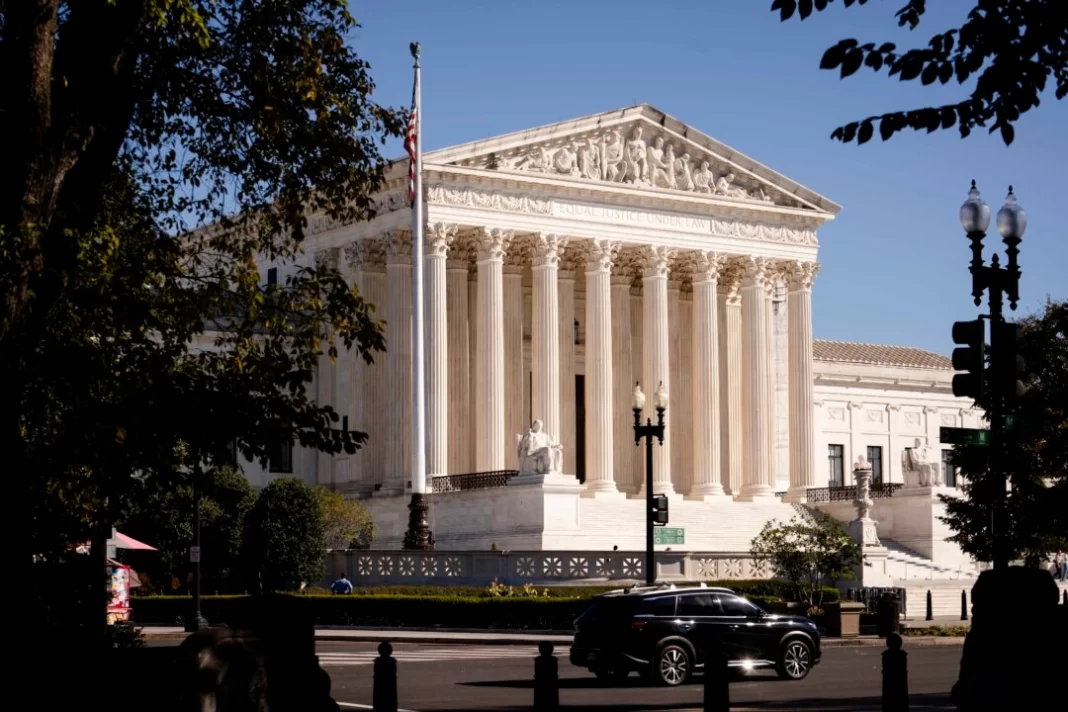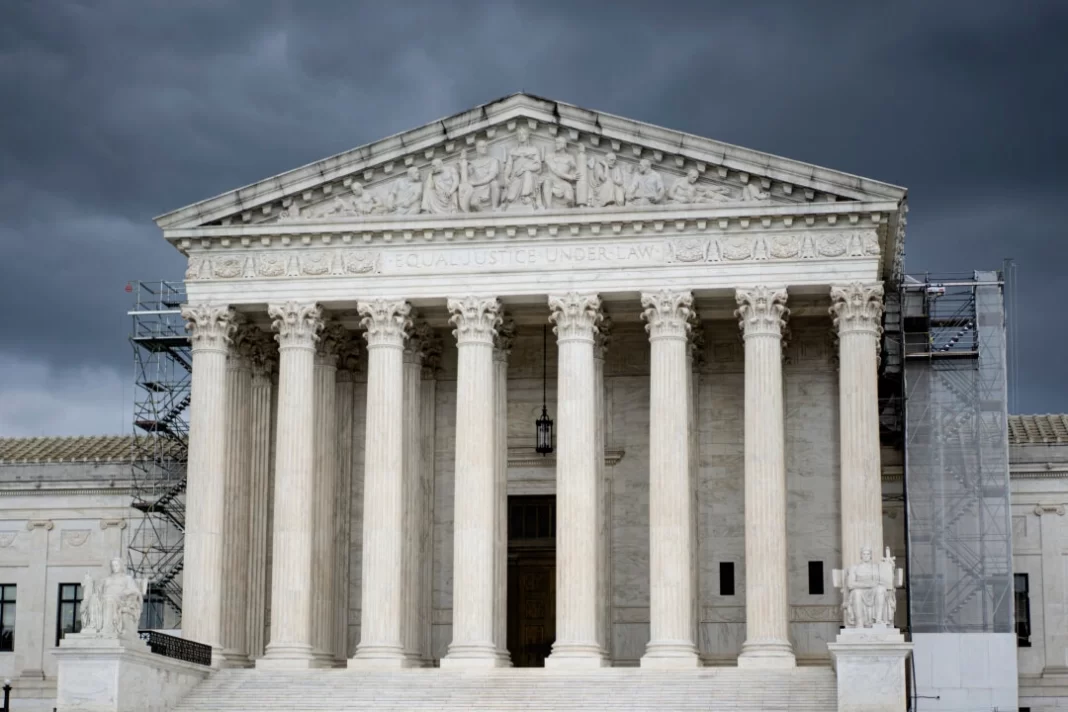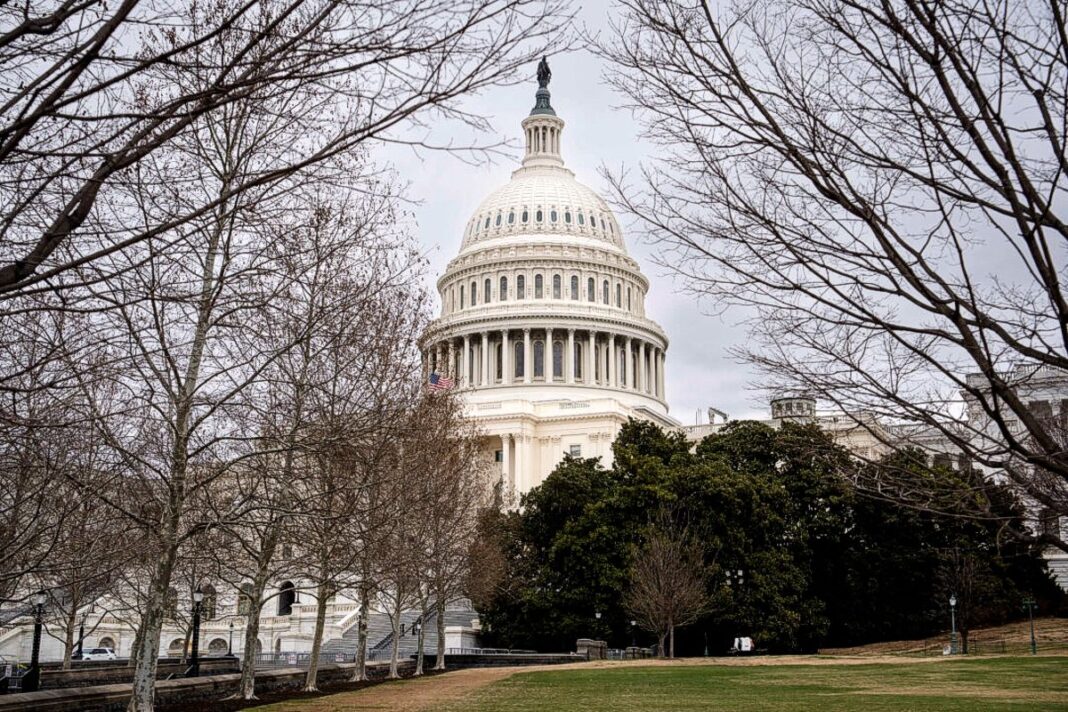A federal appeals court upheld the state law in 2024.
The U.S. Supreme Court on June 27 upheld a Texas law requiring age verification to access pornographic websites.
The majority opinion in the 6–3 decision in Free Speech Coalition Inc. v. Paxton was written by Justice Clarence Thomas.
The petitioner, the Free Speech Coalition, describes itself as the “nonprofit non-partisan trade association for the adult industry.”
The respondent, Ken Paxton, is the attorney general of Texas.
The decision affirms a federal appeals court decision that upheld the law known as H.B. 1181.
Although the law burdens, or interferes with, the rights of adult visitors to these websites, H.B. 1181 is consistent with the free speech clause of the First Amendment, the Supreme Court majority held.
“The power to require age verification is within a State’s authority to prevent children from accessing sexually explicit content. H. B. 1181 is a constitutionally permissible exercise of that authority,” Thomas wrote.
Justices Elena Kagan, Sonia Sotomayor, and Ketanji Brown Jackson dissented.
In August 2023, a federal district court temporarily blocked the age verification requirement, as well as one that the affected websites post health hazard warnings about pornography use.
The U.S. Court of Appeals for the Fifth Circuit reversed in March 2024, upholding the law’s hazard warning mandate and overturning the lower court’s injunction blocking the verification provision.
The coalition argues that the Fifth Circuit erred when it held that the law needed only a “rational basis” instead of “heightened scrutiny” to pass constitutional muster. The two phrases refer to standards that courts use when reviewing laws that impose limits on speech.
In its petition, the coalition said the Supreme Court has held that if a law enacted to protect minors from sexually explicit content “also burdens adults’ access to constitutionally protected speech, the law can ‘withstand constitutional scrutiny’ only if it is ‘narrowly drawn … to serve those interests without unnecessarily interfering with First Amendment freedoms.”
The online age verification procedure required by the state law makes users identify themselves by presenting government-issued identification, and this creates a “substantial chilling effect” by exposing adults to the “risk of inadvertent disclosures, leaks, or hacks,” the petition states.








